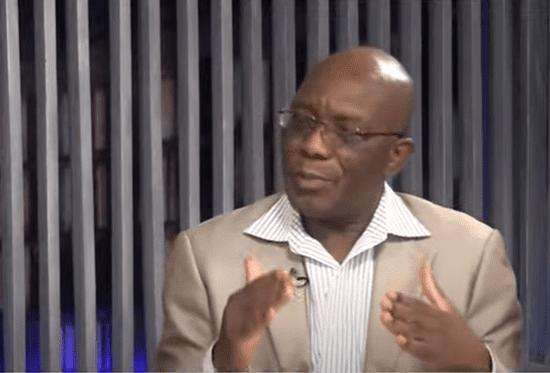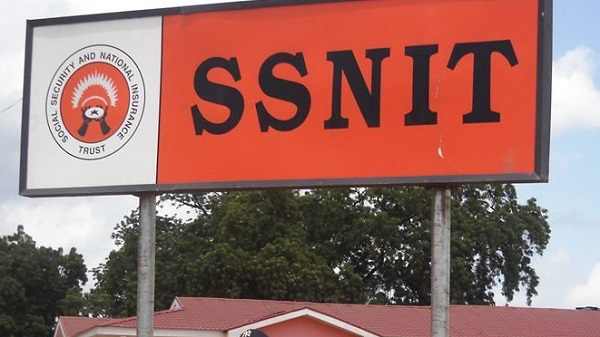Dr. Daniel Seddoh, former head of the National Pensions Regulatory Authority (NPRA), has sounded a warning over Social Security and National Insurance Trust’s (SSNIT) swift move to offload 60% stakes in premium hotels, highlighting that the decision is potentially detrimental to the interests of SSNIT contributors.
Dr. Seddoh contended that the move is premature and may compromise the welfare of SSNIT contributors, emphasizing that a more measured approach is essential to protect their interests.
Moreover, Dr. Seddoh raised questions about the underlying motivations behind the decision and its potential ripple effects on the stability and sustainability of the pension scheme as a whole.
“These property values would appreciate going into the future. You don’t sell something that would appreciate [in value]. Really, why would you sell a hotel business? If there is a business that you can run and make a profit, why would you be eager to sell?”
Dr. Daniel Seddoh
Furthermore, he noted that well-performing hotels can generate considerable returns, casting doubt on the rationale behind the rushed sale and prompting questions about the motivation behind this move.
Moreover, he pointed out that as a pension scheme, SSNIT receives regular monthly contributions from workers, providing a reliable source of funds, which diminishes the need for hasty asset liquidation.
“So why the rush? What is chasing somebody? Is there a lot more we don’t know?” – Dr. Daniel Seddoh
Accordingly, Dr. Seddoh demanded thorough scrutiny of SSNIT’s financial health, calling for full disclosure of any cash flow challenges that may be prompting the sale, to ensure accountability and informed decision-making.
He emphasized that if SSNIT is not facing genuine cash flow challenges, it should adopt a more prudent approach, seeking out experts with the necessary skills to optimize asset performance, generate revenue, and ensure a stable fund to support pensioners.
SSNIT Needs Urgent Reforms
Furthermore, Dr. Daniel Seddoh stressed the urgency for comprehensive reforms within SSNIT, emphasizing the need for a thorough overhaul to address underlying issues and ensure the long-term sustainability and effectiveness of the organization.

As such, he alleged that the current management has a track record of making decisions that prioritize their interests over those of the contributors, compromising the welfare and benefits of the very people they are supposed to serve.
“We should look at the bigger issue of reforming SSNIT. This is because people sit in there and make decisions, and if the decisions cannot be right, then we need to look at the bigger issue. The reform is critical so that SSNIT can serve the purpose of a social scheme”.
Dr. Daniel Seddoh
Moreover, Dr. Seddoh challenged the logic of SSNIT’s approach, pointing out the glaring inconsistency in seeking to retain control while relinquishing a majority stake, which raises questions about the true intentions and long-term implications of this move.
As such, he emphasized that relinquishing 60% ownership of the hotels would severely undermine SSNIT’s control, making it exceedingly challenging, if not impossible, to exert significant influence or direction over the assets. “You can’t sell 60% of shares and still have control”, he stressed.
Dr. Seddoh also raised concerns about the intended use of the proceeds from selling 60% stakes in the hotels, querying whether SSNIT would utilize the funds to settle pension obligations or invest in new ventures, and seeking clarity on the nature and location of such investments.
“These are landed properties, and as we all know, land is reducing in Ghana. And even if you acquire lands, the locations are not as prime as these very ones so I don’t see how you can sell 60%, raise money, and say you’re going to invest it elsewhere. In what? Treasury Bills?”
Dr. Daniel Seddoh
READ ALSO: Hunt’s Tax Cut Plans Faces Fiscal Hurdles




















